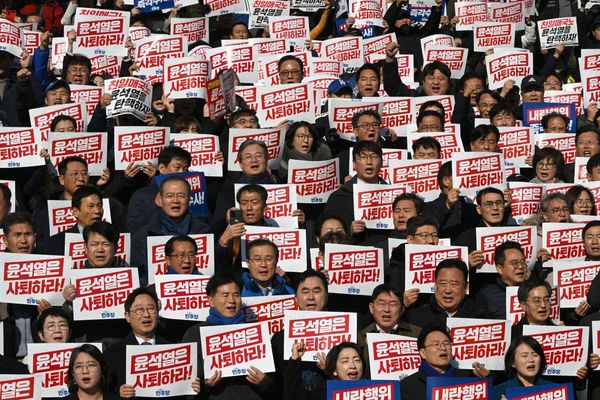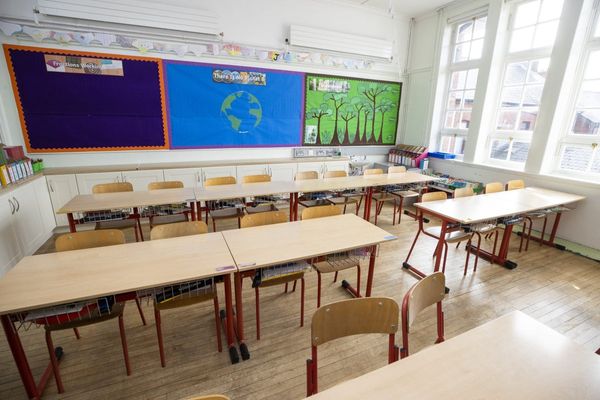
Beijing (AFP) - Chinese telecoms giant Huawei on Monday reported record profit for 2021, defying US sanctions as executive Meng Wanzhou made her first public appearance since returning to China from Canadian custody.
The company has been caught in the crosshairs of a US-China trade and technology rivalry, with the administration of former President Donald Trump moving to cripple it over cybersecurity and espionage concerns.
The results were announced in Chinese tech hub Shenzhen as Meng stepped back into the limelight for the first time since her high-profile return home after nearly three years under house arrest in Canada.
Meng, daughter of CEO and founder Ren Zhengfei, spent her years in Canada fighting extradition to the US as Washington accused her of defrauding HSBC bank by trying to hide alleged violations of US sanctions on Iran.
She returned home in September shortly after two Canadians were released from prison in China, ending a diplomatic row that poisoned ties between Beijing and Ottawa.
Huawei's revenue fell by around 29 percent last year to 636.8 billion yuan ($100 billion), as it grappled with US sanctions aimed at blocking access to key technology and supplies.
But the slump under US sanctions appears to be slowing, and the company said its net profits hit a new record -- surging 75.9 percent on-year to 113.7 billion yuan and reflecting efforts to cut costs.
"Despite a revenue decline in 2021, our ability to make a profit and generate cash flows is increasing, and we are more capable of dealing with uncertainty," Meng said in Monday's statement.
The company attributes its profitability to "improved product portfolios and more efficient internal operations", with a rise in net profit margin even with gains from the sale of its budget phone brand Honor excluded.
The company is not publicly listed and its accounts are not subject to the same audits as companies traded on the stock market.
Huawei, a supplier of telecom networking gear and smartphone brand, has been struggling since Trump launched a campaign to contain the company in 2018.
Smartphone sales stalled after the US cut Huawei off from key parts and barred it from using Google's Android services.
Last year Huawei logged 243 billion yuan in consumer business sales -- almost 50 percent down from 2020.
Meng said Monday that US restrictions have "significantly affected" business -- especially in smartphones and personal computers, adding to pandemic pressures in dragging revenues.
Investment
Huawei is still "carefully evaluating" the impact of sanctions on Russia after Moscow's invasion of Ukraine last month, rotating chairman Guo Ping told reporters.
Huawei has more than a dozen stores in Russia and had announced big expansion plans in 2020.
Western capitals have frozen Moscow out of the global financial system, tipping its currency into freefall and pushing the country to the verge of default.
But China -- a longtime Russian ally -- has refused to follow suit.
Asked if Huawei planned to build its own chip production facility, Guo told reporters that development in this area was "very complex" and "requires patience".
Under the weight of US sanctions, the tech giant has tried to shore up other parts of its business.
It has refocused on the Chinese market and diversified to encompass enterprise and cloud computing, along with other business segments related to 5G networks.
Guo said in a speech at the event that Huawei's ability to “survive and thrive" depends on ongoing investment in development.
"Our fight to survive is not over yet," Guo said.
"No matter what comes our way, we will keep investing.That is the only way forward."
The company's research and development investment was 142.7 billion yuan last year, around 22 percent of total revenue.







